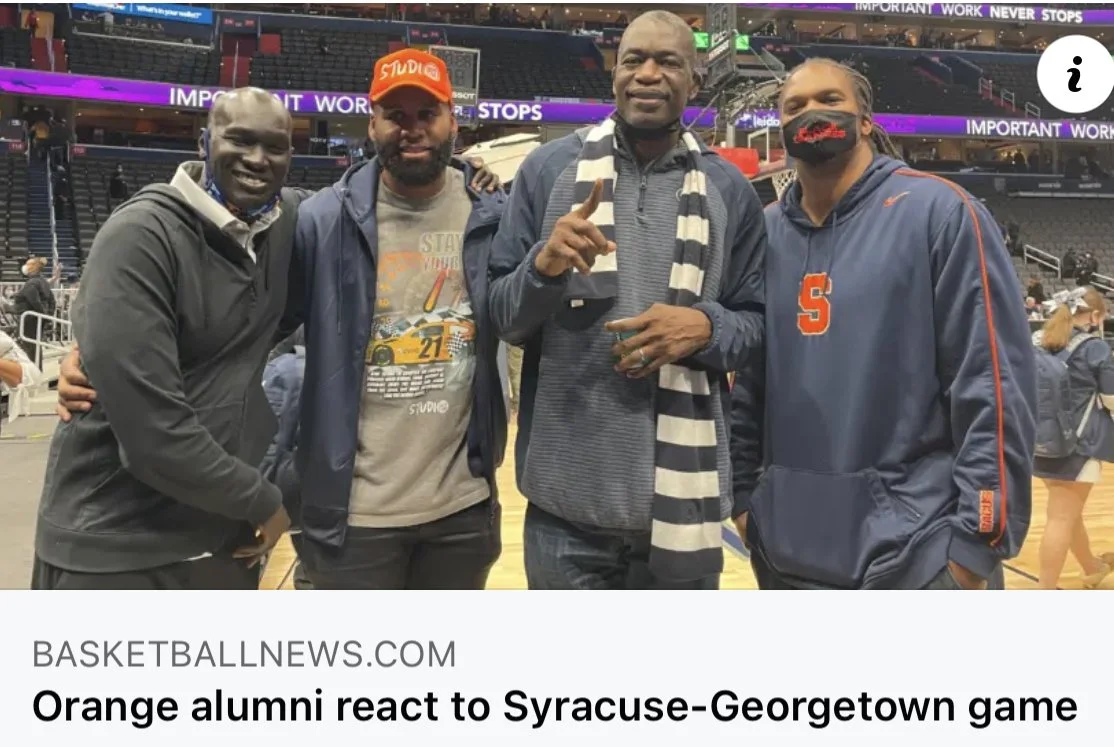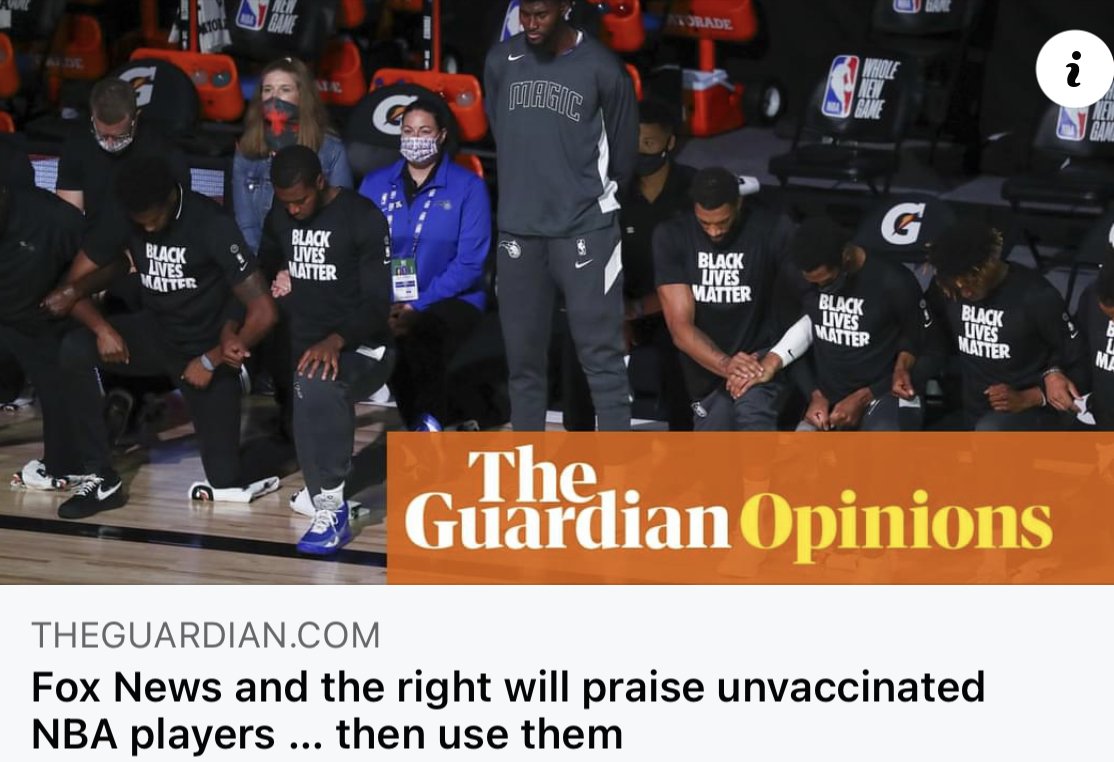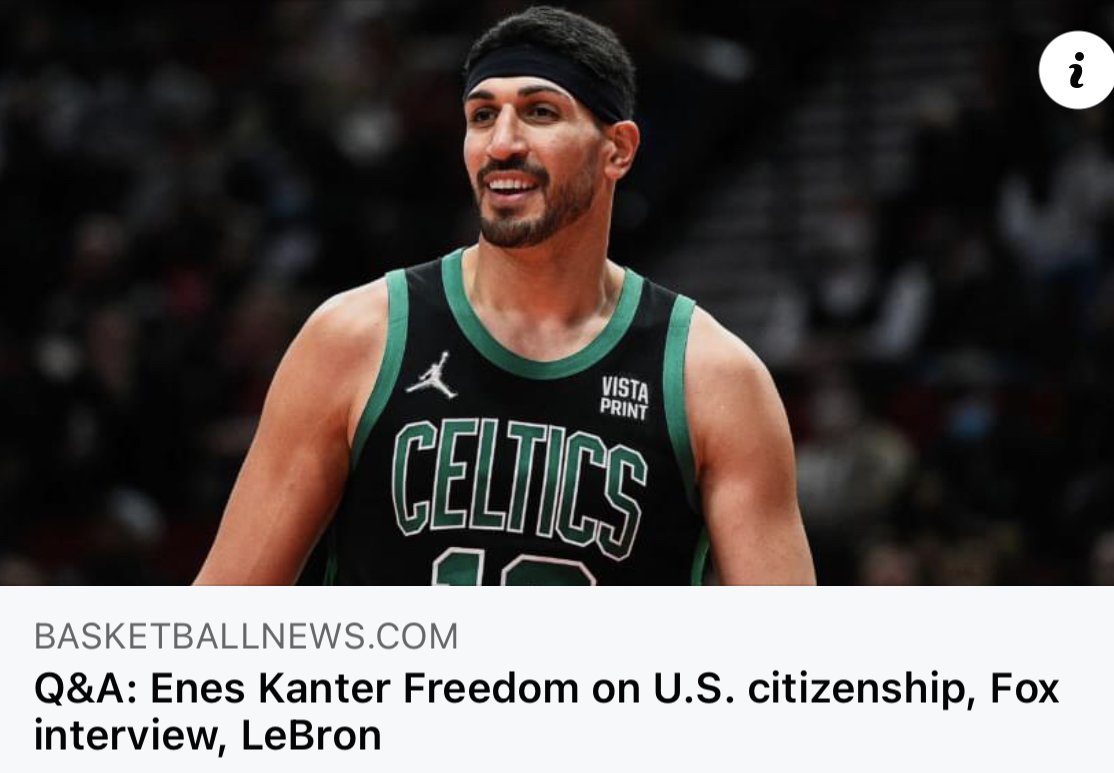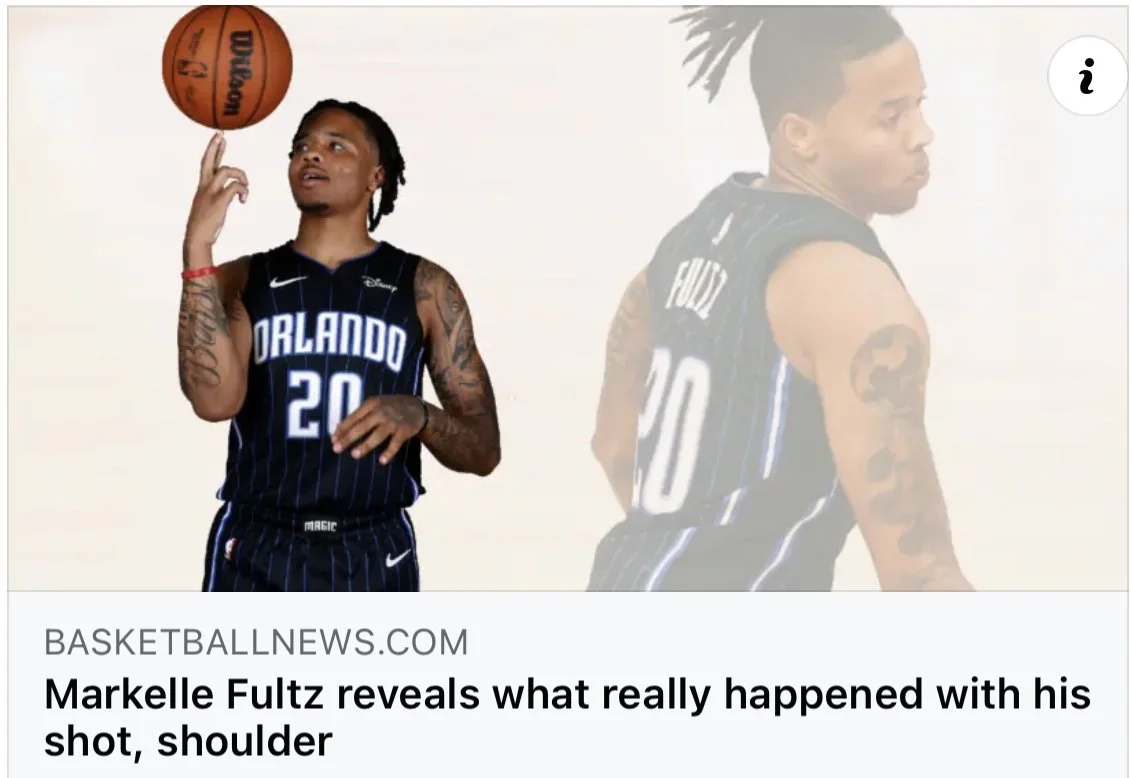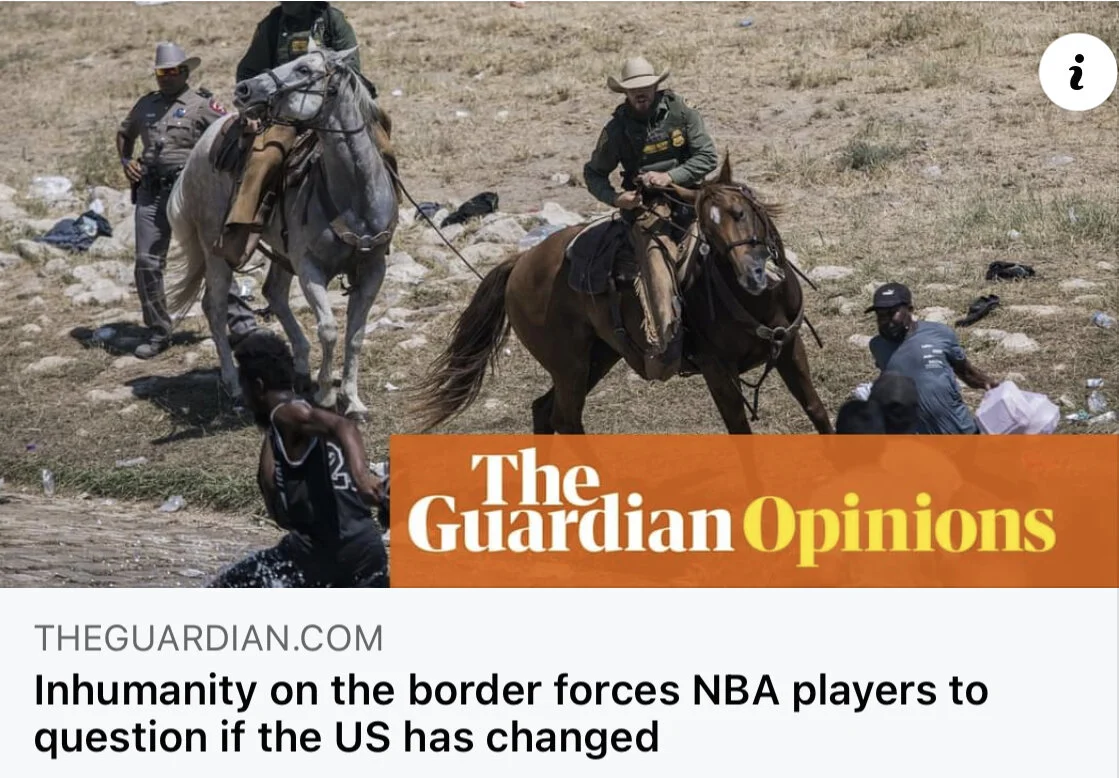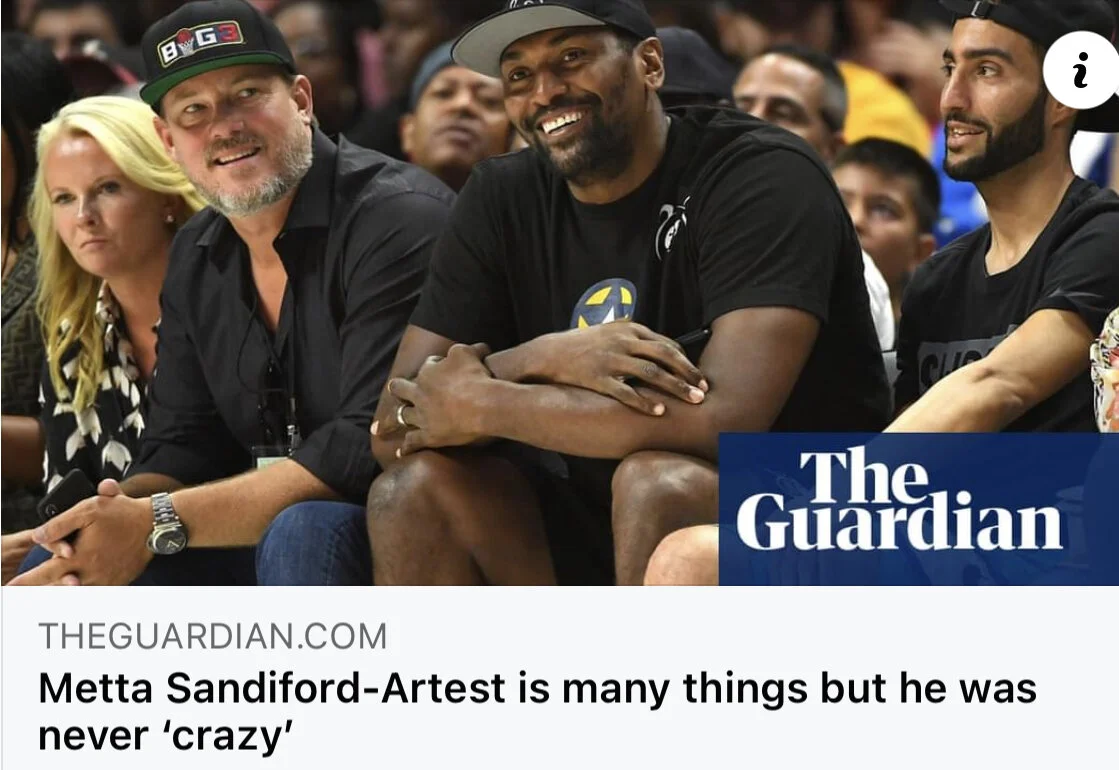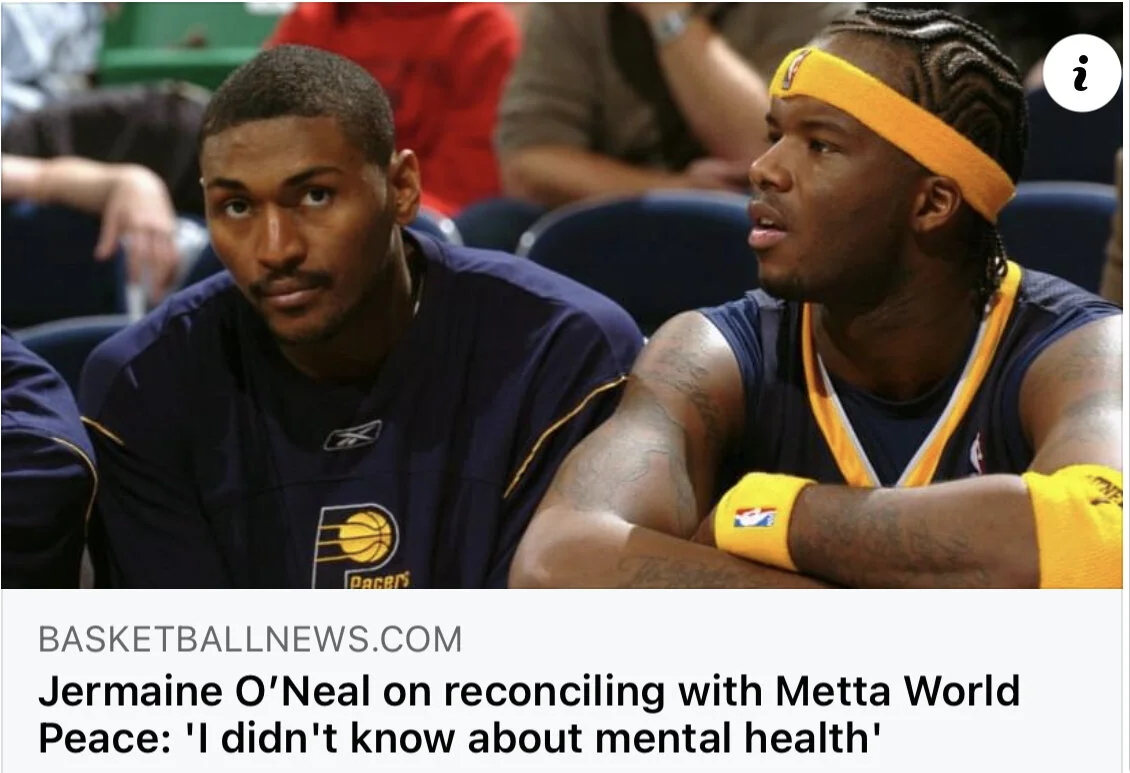Earlier this week, BasketballNews.com's Etan Thomas hosted his latest episode of "The Rematch" and brought on Boston Celtics big man and recently-naturalized American citizen, Enes Kanter Freedom.
The two spoke on a number of topics, including Freedom's grateful attitude to be a U.S. citizen, he and his family's issues with the Turkish government, his recent viral interview with Tucker Carlson on Fox News, his true feelings toward LeBron James and how he's been educated on the Black Lives Matter movement by Jaylen Brown and his teammates.
Here is the full transcript of the conversation:
Etan Thomas: You’re now an American citizen. So, tell me how it feels?
Enes Kanter Freedom: "It feels amazing. Obviously, the last six years [have] been rough, you know. Just because of what I’m going through, [it] made this citizenship so special because obviously some of the things I talk about... You know, my name was on [the] INTERPOL list and the Turkish government wrote my passport, and just the last six, seven years I was pretty much stateless. I didn’t have any place to call home, so that’s why, to me, that moment was very emotional to me and I was speechless."
Etan Thomas: Now, explain a little bit more in detail about what happened to you in Turkey when you criticized the president, [Recep Tayyip Erdogan], because a lot of people still don’t know a lot of the details. So, just explained what happened.
Enes Kanter Freedom: "You know, what happened back in 2013 was a corruption scandal that happened. President Erdogan and his family were involved in it. I remember when I first said something about it, and obviously because of the NBA platform, it became viral here in the United States and Turkey. Obviously, you know, after that I started to pay more and more attention every day. I remember my teammates were just going out and hanging out and all that stuff. I was going back home to study. Study about the Middle East, study about the relationship between America and Turkey and stuff.
"For me, it was important to be the voice of people over there, and obviously the stuff I talked about affected me and my family. My dad was a genetic professor and he got fired from his job. My sister went to medical school for six years and she still can’t find a job. My little brother was playing basketball and got kicked off every team. [My family was] getting affected so much, they had to put a statement out there saying they are disowning Enes. After that, it was a bit rough.
"I remember going to practice that day, and it was definitely one of the hardest days in my life. After that, the Turkish government didn’t believe that [my family disowned me]; they sent police to my house in Turkey and raided my whole house. They took every electronics away, phones, computers, laptops, because they wanted to see if I was in contact with my family or not. And if they would’ve seen one piece of evidence, they [would] be all in jail — which, they already took my dad to jail for a while, but we put so much pressure [on the situation] from here to Turkey, they let him go."
Etan Thomas: For months, you have stood pretty much unafraid to criticize the Chinese government for it’s many human rights violations. Whether it’s their treatment of the Tibetans, the people of Hong Kong, the Uighurs. And it’s interesting with the Uighurs — and reportedly by numerous fact-tested, fact-verified reports, including Amnesty International to have been subjected to concentration camps, torture and attempts to try to erase their entire culture. Can you go into more detail about that?
Enes Kanter Freedom: "I remember doing a basketball camp and I was signing autographs for kids. And while I was signing, one of the parents turned around and said, 'How can you call yourself a human rights activist when your Muslim brothers and sisters are in pretty much genocide in China. And you’re still using your platform and focusing on only one region?' And I was shocked. I turned back to that parent and said, 'I’m going to get back to you. I promise.' And I started to learn about China using their power to abuse many countries around — like Tibetan, even Mongolians, Taiwanese people, Hong Kongers and stuff.
"What they were going through definitely broke my heart, but I was like, I’m not just going to watch YouTube clips and decide which side is right or wrong. I actually wanted to sit down and have some conversations with the survivors. So, I sat down with some of the survivors, concentration camp survivors, and started to talk about what they’re going through. And my heart just shattered. I remember talking to this woman, and she was telling me about how she was gang raped every day and she was getting tortured. And she was just not one; there were millions of people. I was like. I cannot just remain this [silent], I have to do something about this."
Etan Thomas: Your appearance on Tucker Carlson has garnered a strong response. Jemele Hill wrote an article on you in the Atlantic, Dave Zirin wrote one on The Nation, Candace Buckner on the Washington Post, Stephen Knox from Deadspin, Rick Strom did a whole segment from the Young Turks. And it was all centered around the interview you did with Tucker Carlson. Did you read some of the articles and some of the coverage?
Enes Kanter Freedom: "I did see it, for sure. I even sat down with some of my teammates and had a conversation about it. Let me just explain this to you. I was actually talking to one of my teammates about it. We sat down and he asked me about the segment I’ve done and what I said. And what I told him was, obviously there’s human rights violations not just happening in Turkey, not just in China, but all over the world. Obviously, America has it’s own problems as well. But where I’m coming from [in] the Middle East, especially Turkey, just because you’re outspoken, they put your dad in jail and pretty much torture [him]. Just because you’re outspoken, I haven’t seen my family since 2015 and haven’t even talked to them in years. Where I’m coming from, just because you liked someone’s Twitter post or Facebook post that a person you know is criticizing the government, you could be in jail.
"So, what I meant in that segment, obviously America has their own problems every knows that — but people should feel very lucky and blessed to be in this situation. If you go overseas, especially where I grew up, or the Middle East like Iran, Iraq, North Korea, Venezuela, Belarus, I can go on and on... but trust me, you don’t want to associate with any of the governments over there because it’s just brutal dictatorship. What I meant [is], at least in America, you have checks and balances, you have rules and laws. Obviously, there are problems happening in America, but people should feel lucky because people have freedom of speech, religion and expression, and there is a democracy."
Etan Thomas goes on for nearly three minutes about how Tucker Carlson appeared to frame Enes Kanter Freedom in a certain way to criticize Black athletes speaking out. However, Etan doesn’t believe Freedom felt the way Carlson did. Freedom met Etan’s daughter, and she spotted him at a Black Lives Matter protest. Etan gives Freedom the floor to explain what he meant to say during the Carlson interview.
Enes Kanter Freedom: "I remember the first time when Black Lives Matter protests were happening. I was in Chicago, and when I heard that for the first time, we drove with my manager over 10 hours to Boston because I wanted to be with my city during those times. I protested peacefully with my city, and if you look — and I’m not saying this to brag about myself — but I was the third one in the whole league [that] went out there and protested because yes, of course, I 100 percent believe Black Lives Matter. What happened two years ago, my heart just shattered. And I remember during the [Orlando] Bubble, that was one of our biggest goals together — to first off, bring awareness of what’s going on and second, to educate the young generation; because if we can educate our younger generation, we’re not going to have the problems that we’re facing right now. I sat down with my teammates like Jaylen Brown, Tacko Fall and many other athletes to come together and brainstorm about what we can do to bring more awareness, about how we can use our platform to educate people.
"I said this from the beginning: I don’t have a side. I’m not a Republican, I’m not a Democrat. Whenever I do some kind of work in congress — when I put a bill out there about political prisoners in Turkey, or whenever I put a bill out there about all the human rights violations that are happening in the Middle East — I obviously have to work with both sides. I was even explaining this to one of my teammates. I’m like, 'I understand you guys have seen me with so many different kinds of people, but you guys need to understand I do a lot of work for those people to free all those political prisoners in prison right now who are getting tortured and raped.' Because the stronger the bill is, the more effective it’s going to be.
"So, I do work with a lot of people from both sides, and every time I talk to people, I tell them: 'I don’t do politics, I hate politics. I do human rights.' There’s a big difference between the two lines. To me, I don’t care about the politics side. Obviously, America is having so [many] problems right now. One side is attacking the other side, and one side is attacking the other side. But the main goal should be how [we can] make this country better together, what can I do to help those people over there? And that’s why I work with both sides."
Etan Thomas: I understand that, and that’s definitely a good point. Again, we know Tucker Carlson and Fox News. They have an agenda, and that agenda was very apparent during your interview. You were talking about how happy you were to be an American, and you talked about everything you just said now — how it is in Turkey and the story about your teammate that was talking about the president and you were like you can’t do that because you’ll go to jail. But Tucker knew where you were coming from; he kinda wanted to use that to get you to join the chorus of bashing Black athletes in particular, and he used a lot of distinct language in what he was saying.
I’m looking at you and I’m like, 'I don’t think he sees what Tucker is doing.' And that’s the problem when you go on their programs; you have to know what their agendas are. It seemed like what he was trying to pull out of you and to try to lead you to is: 'You’re so grateful to be here, you’re so thankful to be here, and those Black athletes they’re not thankful, they’re not grateful.' You were just in your element of saying, yes I’m happy to be here. But he tried to use that to side swipe, which is what their normal agenda is to attack "the ungrateful Black athlete that’s speaking out against police brutality" and things of that nature.
Enes Kanter Freedom: "Whenever I talk about it was never about Black or white athletes, or red or purple athletes. It was never about a color. I even had a conversation with many of my teammates, and a thing people don’t understand is that many of the Black athletes in the league are telling me to call out these people and [those] people. Not many people know that. They are the ones telling me to call out the hypocrisies of LeBron James, the hypocrisies of Michael Jordan, but they are the ones actually sending me talking points about you can’t say this, you can’t say that. I remember having one conversation with one of them, and he’s like, 'Listen, these teams got us. We cannot talk, but you’re talking and you’re already out there, so you might as well just say this and say that.' I don’t follow them blindly. I actually do research and if I believe it, I’ll go out there and say it. So, not many people know about it, but many Black athletes in the league are the ones reaching out to me saying you should talk about this and that."
Etan Thomas: I understand that, but there was one thing in particular you said in the interview that raised a lot of eyebrows, and I want you to clarify this part if you could. You started off by saying people should be lucky and blessed to live in America. They love to criticize it, but if they lived in somewhere else, they would appreciate the freedoms they have here. And I get that because. in Turkey, you’ll get put in jail for criticizing the president. But then you went a little further and said they should keep their mouths shut and stop criticizing the greatest nation in the world, and they should focus on their freedoms, human rights and democracy. And Tucker Carlson was actually smiling while you said it because he knew he got you to say what he was trying to get you to say that falls into their narrative. I don’t believe you meant for athletes to 'shut up and dribble' because that’s what Tucker Carlson was leaning to.
Enes Kanter Freedom: "Let me just make it very clear: I stand for freedom, and I would never tell a human being or celebrity to not use their platform because obviously, the greatest thing we have is freedom of speech, and the other amazing thing we have is the platform. The last two years, what I’ve been talking about is how can we use our platform to educate people. So, to me, that was very important. AndI was telling one of my teammates, what I meant by it is where I’m coming from, Turkey, is a brutal dictatorship. We have no freedom of speech, religion, no expression, and we have no democracy. Turkey could have been a bridge of Islam and [the] west, but just because of all the stuff happening, it’s impossible.
"So, what I meant by it [is] people should feel lucky and blessed to be in this situation. And obviously, there are many issues happening in America; I’m not denying it. I recognize many of it, and racism is definitely at the top of the list. But, what I meant by it is people should feel lucky [that] at least they’re not in a country like Turkey, Syria, North Korea, Venezuela, Belarus and many other countries. Thank you for asking that because I wanted to make that very clear.
Etan Thomas: That’s what I tweeted out, 'I don’t think [Enes] means what you’re thinking he meant.'
Enes Kanter Freedom: "Definitely not. If I said that, it would go against everything I stand for. I would never ever tell a human being to shut up and don’t talk about this or don’t criticize that. I mean, the problem is going to [be solved] by first recognizing the problem, and then after that, talking about it, criticizing it and try to find a solution. So, I would never tell a person to shut up and not say a word."
Etan Thomas: I want to ask you about working with LeBron James under a common goal and if that’s something you want to do. Because that’s what I interpret your overall goal is, that you want him to utilize his voice and his platform much like Craig Hodges wanted Michael Jordan to utilize his voice and his platform. Once again, correct me if I’m wrong.
Enes Kanter Freedom: "Let me just start with this, and obviously LeBron has the biggest platform of us all. It really broke my heart when he couldn’t say anything two years ago when Daryl Morey tweeted something about [China]. Obviously it broke my heart, but then after that, I have nothing against or personal against LeBron. I do recognize he’s maybe one of the best players to ever play the game. Maybe top-three. I would put him in my top-three, so obviously on the court, he’s a nightmare. And it’s not just about LeBron, but it’s about all the people who are making profit out of it. So, the resources are there and people know what’s going on, and I feel like before these athletes and not just LeBron, it could be Cristiano Ronaldo or this or that. Before they put their signature on a paper, they should research what kind of companies they’re signing with, and obviously, Nike is the biggest sponsor of the NBA.
"When I researched, I knew a little bit, but when I researched more and more about the slave laborers, the sweat shops and how Nike is pretty much using modern-day slavery over there in China... I just couldn’t believe it. First of all, I was ashamed for wearing Nike the last whatever [amount of] years. I was like, I have to bring a light — even though Nike is the biggest sponsor of the NBA — but I have to stand up for what is right. Because I did speak with a lot of concentration camp survivors, and I heard it from them firsthand how they were getting treated, these slave laborers. When I see these athletes — and I don’t want to say they don’t care about what’s going on — [but] they’re making millions, maybe billions of dollars from these sweat shops, [and] it does break my heart. So, I feel like all these young athletes, before you put your signature on a paper, just research about what’s going on because it could affect a lot [of people]."
Etan Thomas: So I’m with you on that, and I definitely understand. But going back specifically to LeBron because he’s the one where a lot of your attention is going towards in terms of calling out [athletes]. What is the end goal? Do you want to work with him?
Enes Kanter Freedom: "The end goal should be to definitely sit down and work with him and just understand what’s going on. I think the main goal should be not just call him out, troll or things like that, but how to find solutions. When I called out LeBron, the next four-to-five games, many of the athletes that I actually shared the court with and played against said thank you for calling him out. Many of his ex-teammates came to me and said thank you, because we know all LeBron is doing is for his PR. That’s not what I’m saying; that’s exactly what his ex-teammates said. I didn’t make any comments when they said that. I just said okay.
"But my main goal is, how can I sit down and have a conversation with him to maybe educate him, or maybe he can educate me about what’s going on over there? What can we do to hold these companies accountable? Because these companies like Nike stand with Black Lives Matter in America, they stand with No Asian Hate, they stand with Latino community, they stand with the LGBTQ community. But when it comes to China, obviously, they’re making billion of dollars to remain in silence, and they’re pretty much using modern slavery over there.
"So, that definitely breaks my heart, and I’m like, what can I do. And LeBron is not the only one. I remember talking to my teammates, and was like, 'No, LeBron is not the only one.' There’s so many other athletes that I’m going to talk about, but I’m just not done with my research yet. This is not about color, this is not about a player; I’m not against anyone. I’m against the people who are not educated enough to put their signatures on a paper.
Etan Thomas: Now, from the outside looking in it does look a little targeted towards LeBron. I’m sure you can see why it looks a little bit personal.
Enes Kanter Freedom: That’s not it.
Etan Thomas: I’m glad you clarified that, but you do understand that’s a lot of the reason why Fox News [invited you]; you’ll be invited to Sean Hannity, Bill O’Reilly, Laura Ingraham. I’m sure Jason Whitlock will tap dance over to you, and Candace Owens [too]; they like to hear anyone criticize LeBron because they don’t like the fact [that] he speaks up for Black rights for against police brutality and he criticizes [Donald] Trump.
Enes Kanter Freedom: "Oh yeah, of course. Let me tell you something: what LeBron is standing up for, I’m with him. When two years ago, [when the] Black Lives Matter [movement] happened, what LeBron was saying, I was with him. I remember we had a meeting in the Bubble with our team, the Celtics, and we were talking about kneeling. Many of my teammates said, 'Hey you’re about to get your citizenship. Don’t kneel,' because back then, Trump was in office. I was like, 'This is what I believe in, this is what I stand for and I will be kneeling with you guys because so many issues are happening here in America and I do want to protest with you guys. Because this isn't about me or you, but it’s about us.' I understand back then I wasn’t a citizen, but I still live in this country. Obviously, LeBron stands for Black Lives Matter and [condemning] police brutality and all that stuff. Yes, I do stand with him. Not one person can say otherwise because you can check my social media and see me at protests, see my interviews and everything."
Etan Thomas: I want to talk about the way in which they’re framing it. Because what you just said, they’re not going to run that on Fox News. But, you said you’d want to be able to educate LeBron, and you said you want him to be able to educate you. That’s not how they ran the clip. The clips [that aired said], 'I would love to talk to James, but I’m sure it’ll be a very uncomfortable conversation for him. I don’t know if he’s going to want that.' And then, they showed where you said, 'I don’t know if he’s educated enough, but I’m here to educate him and I’m here to help him because it’s not all about money.' When you leave the quote like that, that sounds very condescending, very insulting. And you know, the phrase if you want to try to get someone on the same page as you, I’m not sure if that’s the way to do it.
Enes Kanter Freedom: "For sure, people can stretch my words anywhere they can. The media in America is wild, and when you say something — especially in sports media — when you say something, they stretch it to something that you didn’t mean at all. Let me just make it very clear what I meant by it. I need to be educated too, and that’s why I sit down with Jaylen Brown so much and have a conversation with him about what Black people went through throughout the years, because I don’t know enough. He actually sits down right next to me on the plane, and me and him talk hours and hours about the history, about what Black people went through, what is the real meaning of Black Lives Matter and what’s the goal. He’s been educating me since the beginning of the season. I just became a citizen. I didn’t grow up in this country, but I knew obviously there was a problem with racism and police brutality. But, obviously I came here when I was 1, so I did not grow up in this, so when I sit down with educated athletes like Jaylen Brown, I’m learning a lot.
"At the same time, I want to educate people too, because what’s happening in China, it’s not even comparable to anything. There’s a genocide happening. There’s over 2 million people in concentration camps right now waiting for help. They’re getting gang raped, they’re getting tortured, and obviously you can’t say it no other way. But people are scared to talk against China because they’re paying the bills, there’s a lot of business involved; a lot of companies are scared to say something. Not just athletes, but actors, rappers, singers — people are scared to say anything. It doesn’t matter what your color is, you know people are just scared, period. Obviously, it goes both ways. I want to be educated, and I’ve been trying to do all season with Jaylen, and I also want to educate as well."
Etan Thomas: The two-way education about what’s going on in this country is important. Everything that’s going on with the police from Breonna Taylor, Tatiana Jefferson, Terence Crutcher, George Floyd and we can go down the list.
Enes Kanter Freedom: "I remember, especially during the Bubble, what the NBA did was unbelievable. They put Black Lives Matter on the court, put the phrases on our back, and we actually didn’t care about basketball. We cared about how we can educate the world, because obviously during the bubble, the whole world would have their eyes on us. All the microphones were going to be in our faces. So, that 82 days that I stayed for was amazing because all I did was learn. Obviously, I didn’t know that racism was one of the biggest problems that America had, but once I did more research and studied, I was like, this is unbelievable. So, yes, there are so many problems and I don’t deny it. I do recognize it, but the education should go both ways.
Etan Thomas goes on for a while about how Enes Kanter Freedom has an unique situation to where he could get LeBron to join forces with him. He compared it to Fred Hampton who brought different people together, but was assaianated by Chicago police because they were afraid of him bringing different people together for a common cause.
Enes Kanter Freedom: "That’s actually the main goal. I remember having conversations with assistant coaches and some of my friends. I was like, my main goal is to never pick someone [out] and attack someone. My main goal is, what can I do to bring other athletes to my side and get them to join my cause? My voice alone is strong, but with their help, it’s even stronger. And people are going to know what’s happening all over the world. So, I’m already with them. I kneeled with them and they’re my brothers."
Etan Thomas: Well, good luck to you and I’m glad that you came on and cleared up a lot of that.
Enes Kanter Freedom: "I’m glad you asked me those questions because I saw some of the op-eds, some of the interviews, some of the comments, and people really didn’t understand what I was trying to say. And I don’t judge them, because obviously some of the words I used could be twisted and stretched. But, what I meant by shut up is like, feel blessed. And obviously, I do recognize there are many problems happening here, but at least it’s not Turkey or North Korea."




